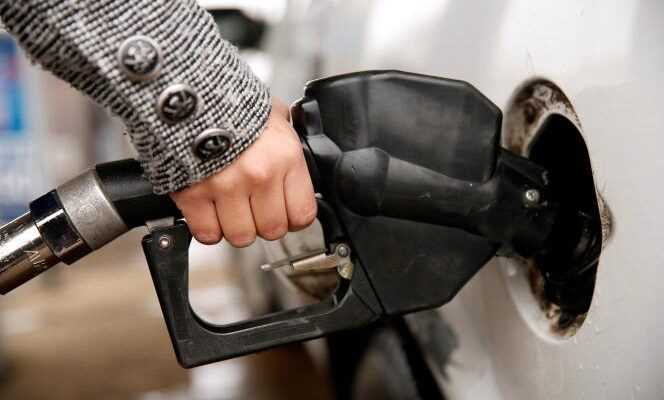After several preparatory meetings in four days, the “kings of oil” have still not reached an agreement. Tensions between Saudi Arabia and the United Arab Emirates (UAE) led to the postponement sine die of the video conference which was to bring together, on Monday, July 5, the Organization of the Petroleum Exporting Countries (OPEC) and ten other producers led by the Russia. This new failure led, Monday, July 5, to the closing North Sea brent prices at 77.16 dollars (65.09 euros) per barrel (+ 1.30%) and that of US WTI at 76.36 dollars (+ 1.60%).
Two points were to be debated by this informal cartel, called OPEC +: the date on which production will return to its level before the health crisis, so far set for April 2022, and which would be postponed to the end of 2022; and, above all, the further increase in the volume of crude put on the market between August and December to meet demand sustained by the global recovery. The cartel led by Moscow and Riyadh had reduced its daily production by 10 million barrels from May 2020, at the height of the first wave of Covid-19 which had plunged economic activity and melted demand for black gold .
Ungrateful role
Then he decided to gradually loosen the valves in the spring and forecast a further increase: 400,000 additional barrels per day each month between August and December, i.e. the return to the market of 2 million barrels at the end of 2021. Only the Emirates there. are opposed, demanding for themselves a higher quota. Currently, it is calculated on the basis of the 3.2 million barrels per day pumped in 2018 and no longer reflects the production capacity of more than 3.8 million, reached in April 2020, on the eve of the historic cuts decided by the cartel. Abu Dhabi is asking to export 600,000 more barrels every day.
Strange passage of arms between two states which secretly negotiated, a few years ago, a project of political union
On Sunday, the Saudi and Emirati energy ministers, Prince Abdelaziz Ben Salman and Suhail Al-Mazrouei, shouted at each other again by interposed television channels. “It’s the whole group against a single country”, commented the first, warning that an agreement without the emirates was excluded. The Wahhabi kingdom no longer wants to play the thankless role of auxiliary producer who is asked to balance the oil market, sometimes at the expense of its financial interests. The Emirates answer that they have reduced their production capacity by 35%, much more than the other OPEC + countries.
You have 41.81% of this article to read. The rest is for subscribers only.
